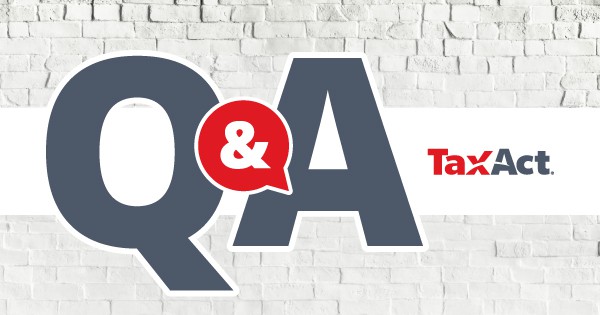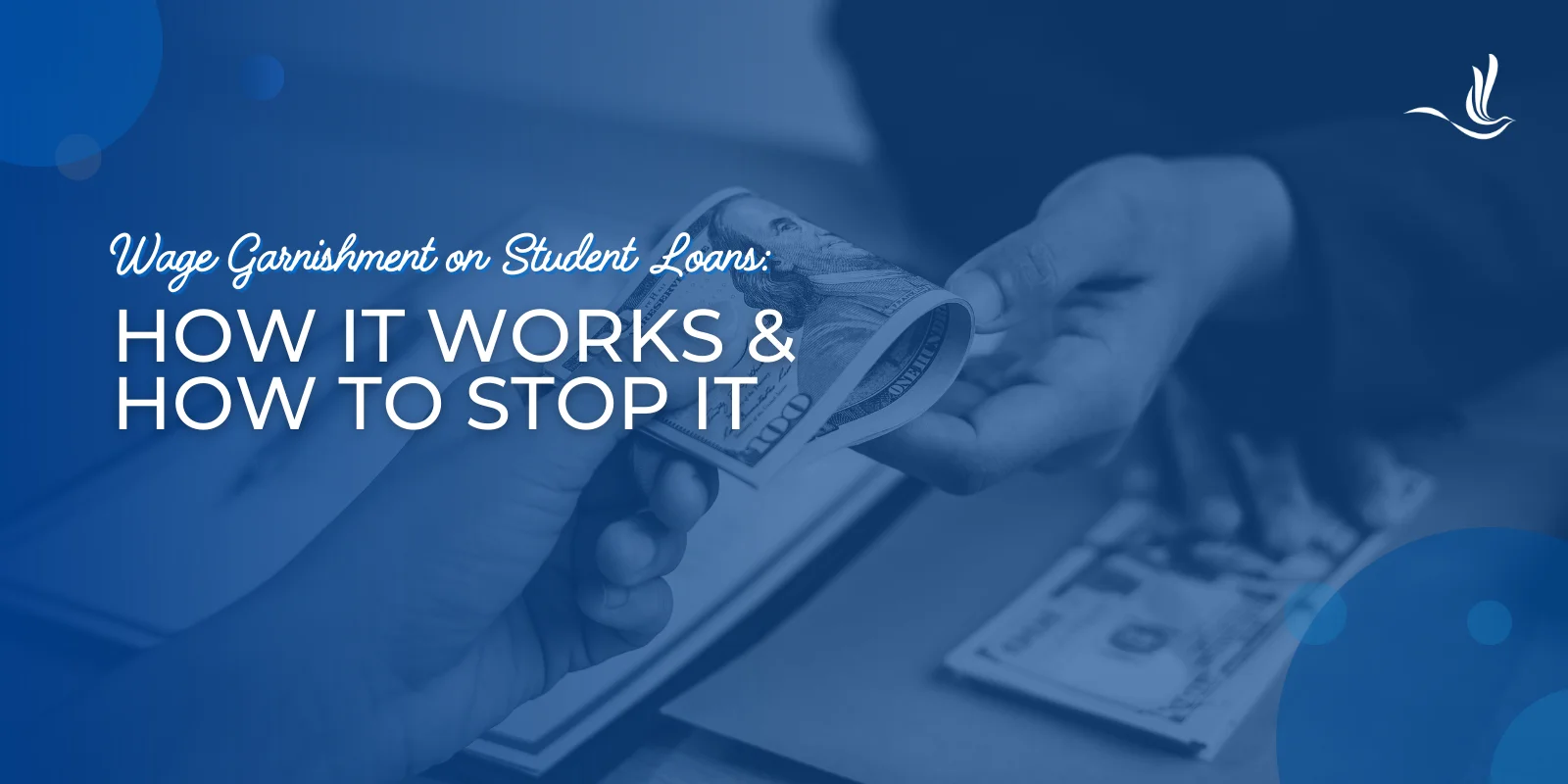Tax season is never anyone’s favorite, but having clear expectations makes it easier to plan. Every year, we get taxpayers asking when the IRS will begin accepting their tax returns. Unfortunately, we’ll have to wait a bit longer to know the answer for the upcoming tax year — the IRS opening date 2026 hasn’t been announced yet. In the meantime, let’s look at what a delayed start could mean, and how it might (or might not) affect you as a taxpayer.
At a glance:
The IRS opening date 2026 hasn’t been announced yet.
Even if there’s a delayed start to tax season, you’ll still be able to prep your return early with TaxAct®.
A later start could mean a slight tax refund delay for those used to filing early, but the tax filing deadline shouldn’t change.
When does the IRS start accepting tax returns?
The IRS typically announces an official opening date in January. Most tax years begin sometime in late January (in 2025 it was Jan. 27), but the IRS occasionally announces a later start date.
Why might the IRS open late in 2026?
The IRS occasionally pushes back its start date due to big changes in tax law, updates to tax forms, or system adjustments needed for new legislation. For 2026, it’s possible the agency may need extra time to implement rules from the One Big Beautiful Bill (OBBB) tax reform package. That doesn’t mean you can’t prepare ahead — it just means processing might start a little later than usual.
If you’re worried about an “IRS Delay 2026” headline you might have seen, take a deep breath — even if a delay happens, your federal income tax returns and tax refund shouldn’t be affected too much. Let’s walk through what a potential late IRS opening means for you and how you can still get ahead with TaxAct file early options (more on this below).
How a late IRS opening affects taxpayers
If the IRS opens a little later than usual, the biggest change you’ll notice is timing. You can’t submit your individual income tax return to the IRS until the official start date. However, you can still prepare everything in advance with TaxAct, even if you have multiple tax forms like a Form W-2, 1099-NEC, or 1099-MISC.
Here’s what to keep an eye on if the start of tax season gets pushed back:
Tax return processing times: The IRS doesn’t start accepting returns until the official opening date. If you are accustomed to filing early, you might have to wait a bit longer for the IRS to begin processing your return.
Tax refund delay 2026: Refund dates aren’t guaranteed, but the IRS typically issues them within 21 days of acceptance (read more about the IRS refund schedule). Your tax refund amount won’t be affected by a later opening — at best, it won’t impact your refund at all, and at worst, it might result in a slight delay.
Tax filing deadline 2026: The due date to file your return won’t likely change, even if the IRS opens late. For most filers, Tax Day is typically April 15 (or the next business day if it falls on a weekend or holiday), unless you request an extension.
Can you still file early?
Yes! If you use TaxAct, you can complete your income tax return early and e-file it through our platform before the IRS begins accepting returns. Then, once the IRS opens, we’ll submit your return to them ASAP.
How soon can I file with TaxAct?
TaxAct typically opens for the filing season in early January. For example, in 2025, you could complete your 2024 tax return with us as early as Jan 2. We haven’t announced our 2026 opening date yet; keep checking back for more details!
Does a late start affect other tax deadlines?
Nope. The tax filing deadline typically stays the same regardless of a late opening, unless you file for an extension or have been impacted by a disaster. This means:
Estimated tax payments for self-employment tax, underpayment adjustments, or estimated income tax must still be paid on schedule, unless the IRS announces otherwise.
You still need to request an extension (file Form 4868) and pay any tax due by the April deadline.
State income tax rules don’t automatically follow IRS dates. Each state sets its own tax deadlines, so make sure to check if your state has unique rules.
How TaxAct helps you prepare
You don’t have to wait for the IRS to open to file taxes. With TaxAct, you can enter all your information early (typically starting in early January), and we’ll securely transmit everything to the IRS when the time comes.
For example, we can help you:
Enter your gross income, AGI, and any eligible tax deductions.
Claim tax credits like the Child Tax Credit or Earned Income Tax Credit (EITC).
Prepare tax forms for dependents, self-employed income on Schedule C, or small business taxes (including partnerships, S corporations, and C corporations).
Review your payment deadline options and calculate any filing penalty risks if you’re worried about late filing.
Handle specific situations like Social Security income, capital gains, IRA contributions, and other tricky tax law details.
So, yes — if you are someone who likes to get their taxes over with ASAP, TaxAct can help you take care of the heavy lifting early. That way, when the IRS is ready, your return is already in line for electronic filing and faster processing.
FAQs
The bottom line
Don’t let headlines about a potential 2026 IRS delay stress you out. Even if the IRS opens later than usual (and we still don’t know if it will), you can still get ahead with early tax filing. The tax filing deadline 2026 won’t likely be affected, your tax refund will still be available once processed, and TaxAct will make sure your income tax return gets handed to the IRS the moment the agency is ready.
This article is for informational purposes only and not legal or financial advice.
All TaxAct offers, products and services are subject to applicable terms and conditions.




























